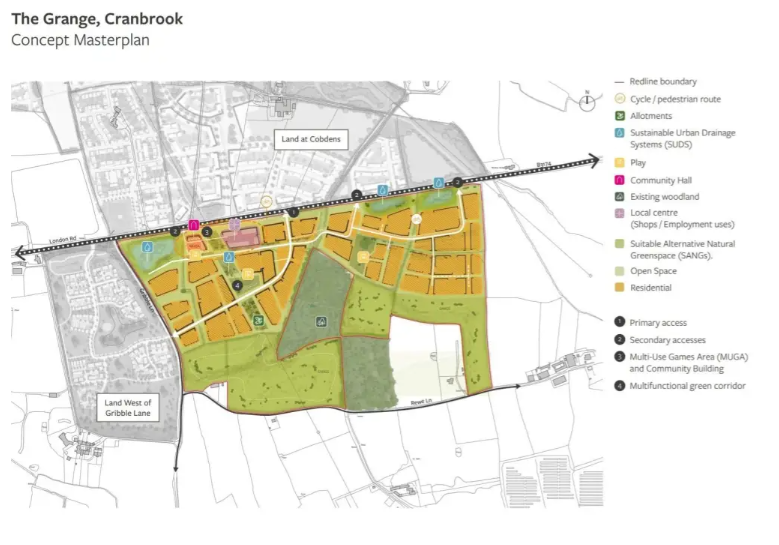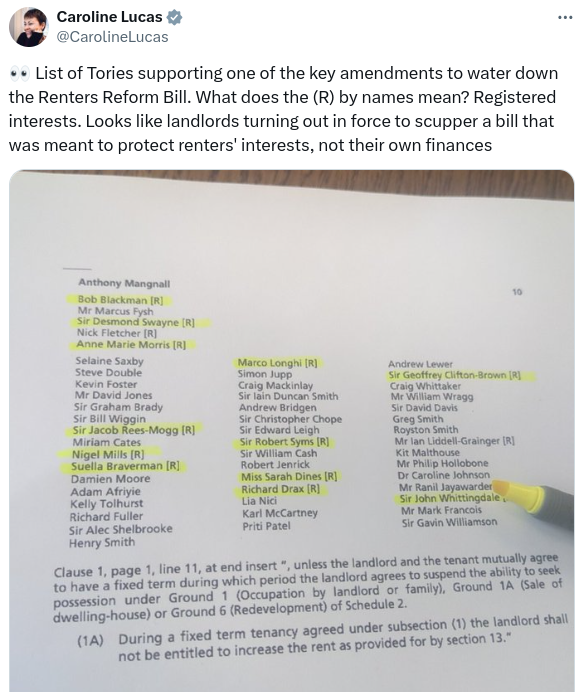Holding South West Water to account – Good Law Project
Jo Bateman couldn’t go swimming after a water company sent tankers to release a flood of sewage. We’re supporting her legal action.

Jo Bateman tries to swim in the sea off Exmouth every day, because of the huge benefits to her physical and mental health. But in December 2023 this retired physiotherapist couldn’t get into the water for 10 days straight, after a pipe burst and South West Water started driving a fleet of lorries full of untreated sewage to a pumping station that was already overflowing.
Ten tankers transported up to three million litres of untreated sewage a day for the next three days. But they didn’t take it to a nearby sewage treatment works, where it could have been processed. They didn’t take it to sewage treatment works outside Exmouth. They didn’t even take it to a pumping station 2km up the road – a pumping station which wasn’t already overflowing. All of these options could have prevented the spillage, but they likely would have been more expensive. Instead, South West Water drove this untreated sewage straight to a pumping station that was already spilling sewage into the sea, making it unsafe to swim off the beach at Exmouth for 10 days.
We’re supporting Jo in her legal action against South West Water.
Good Law Project is powered by people across the UKDonate now
“I’m bringing this case because I’ve simply had enough,” Jo said, “and I feel there is no other option available to me for holding South West Water properly to account.”
But “it’s not just about me,” she continued, “the sea belongs to all of us, and there are many, many other people who are also prevented from using the sea as they would like”.
The water companies’ behaviour is “simply unacceptable” Jo added. “In the 21st century we can land a spacecraft on Mars. Why can’t we have a sewage system that disposes of our waste without polluting the rivers and oceans?”
Environment Agency data paints a picture of a country swimming in sewage. Latest figures show that South West Water discharged sewage into local rivers and waterways for a staggering 530,737 hours in 2023, an 83% increase on 2022.
Storm overflows should only be used in an emergency, such as during exceptionally heavy rainfall, but when water companies put profit above people our seas and rivers are closed off.
For Good Law Project’s executive director, Jo Maugham, this scandal can’t go on.
“It’s shocking how little water companies have to care about the destruction they wreak on our stunning natural heritage and the lives of people who wish to enjoy it,” Maugham said. “We want this case to change that.”
According to water experts, the flood of sewage sweeping the country is the result of a decade of failures by Tory ministers to tackle the problem. Government inaction and underfunded regulation have allowed water companies to get away with environmental vandalism.
We can’t allow our rivers, waterways and seas to continue being poisoned by pollution. We can’t stand by as swimmers get sick and lose their right to swim. And we can’t sit back as the dirty money made by water companies destroys the natural environment for us and for future generations.
It’s time for the government to take action, so that water companies are forced to clean up their act and we can all enjoy our right to swim.







 Wessington Farm Cottage Awliscombe Honiton EX14 3NURef. No: 24/0793/FUL | Validated: Thu 11 Apr 2024 | Status: Awaiting decision
Wessington Farm Cottage Awliscombe Honiton EX14 3NURef. No: 24/0793/FUL | Validated: Thu 11 Apr 2024 | Status: Awaiting decision